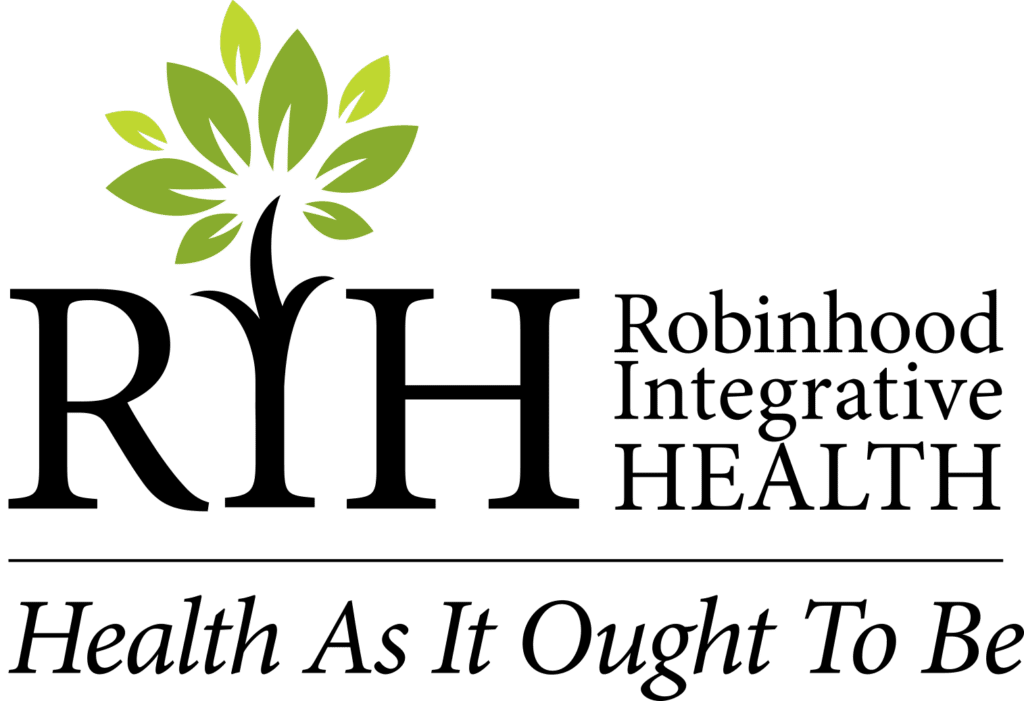Lyme disease, a tick-borne illness, is a growing concern across the globe, particularly in regions with high tick populations. As more people become aware of the risks and symptoms, understanding treatment options becomes increasingly crucial. With early diagnosis playing a pivotal role in recovery, it’s essential to be informed about both conventional and alternative treatment methods available to those diagnosed with this condition. This blog highlights the understanding of treatment options before visiting doctors at the hospitals.
Taking Antibiotics for Treatment
Antibiotics form the cornerstone of conventional Lyme disease treatment. Medical professionals commonly prescribe oral antibiotics, such as doxycycline, amoxicillin, or azithromycin, in the early stages of the disease. But what happens if the disease advances or there are complications? In cases where Lyme disease has progressed to more severe manifestations, an integrative approach might be necessary.
Considering Complementary and Alternative Medicine
However, conventional antibiotics aren’t the sole path to healing. Integrative Medicine has risen in popularity, offering supportive therapies that many patients have found beneficial. Herbal remedies, homeopathy, supplements, and IV therapies (like Vitamin C and ozone) are increasingly used alongside traditional treatments. According to Health Data, in the US each year, about 476,000 people are diagnosed with Lyme disease (and this number is probably grossly underestimated). Patients are seeking a holistic way to support their health and manage symptoms. Integrative doctors can offer the best of both worlds which can yield better results.
Adopting Healthier Lifestyle Habits
Moreover, lifestyle changes can significantly impact Lyme disease recovery. Regular exercise, a balanced diet, and stress management techniques can help bolster the immune system. Addressing nutritional deficiencies, reducing inflammation, and maintaining overall well-being are also integral to healing. Additionally, probiotic-rich foods and supplements can help maintain gut health, which is often disrupted by antibiotic treatments commonly prescribed for Lyme disease. Staying hydrated and ensuring adequate sleep are equally vital, as restorative sleep contributes to immune regulation and repair processes. It’s also beneficial to minimize exposure to environmental toxins, such as pesticides or mold, as these can exacerbate symptoms or prolong recovery.
Understanding Treatment Options and Seeking Professional Advice
Ultimately, the key to effectively managing Lyme disease lies in understanding the full spectrum of available treatments. With early intervention and an integrative approach that uses both conventional and alternative therapies, individuals diagnosed with Lyme disease have better chances for recovery and overall quality of life improvement. As awareness continues to grow, patients and healthcare providers are better equipped to make informed decisions about customized treatment plans that suit individual needs and circumstances. Doctors are the best resource for treatment options and results. Fill out a new patient form with Robinhood Integrative Health today to schedule an appointment.

